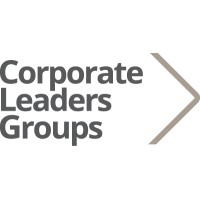
Australian Civil-Military Centre
The Australian Government’s establishment of the Australian Civil-Military Centre (ACMC) recognises the growing importance of civil-military collaboration and demonstrates Australia’s commitment to sustainable peace and prosperity in the Asia-Pacific and more globally. Australia has a long and proud record of contributing to peace and stabilisation operations, and to disaster management overseas. The ACMC works with government and non-government stakeholders to build even more integrated national and international civil-military approaches to conflict and disaster management. The ACMC is administered by Defence, but reflects a whole-of-government approach with personnel seconded from a number of departments and agencies. Applying a collaborative approach with government agencies, the United Nations and other relevant partners, the Centre focuses on improving civil-military education and training, and developing civil-military doctrine and guiding principles. Through its research program on relevant civil-military issues, the ACMC identifies best practice responses to key lessons learned and recommends their application to achieve continuous improvement. We work with our partners and stakeholders to provide a valued resource in achieving effective civil-military outcomes.






